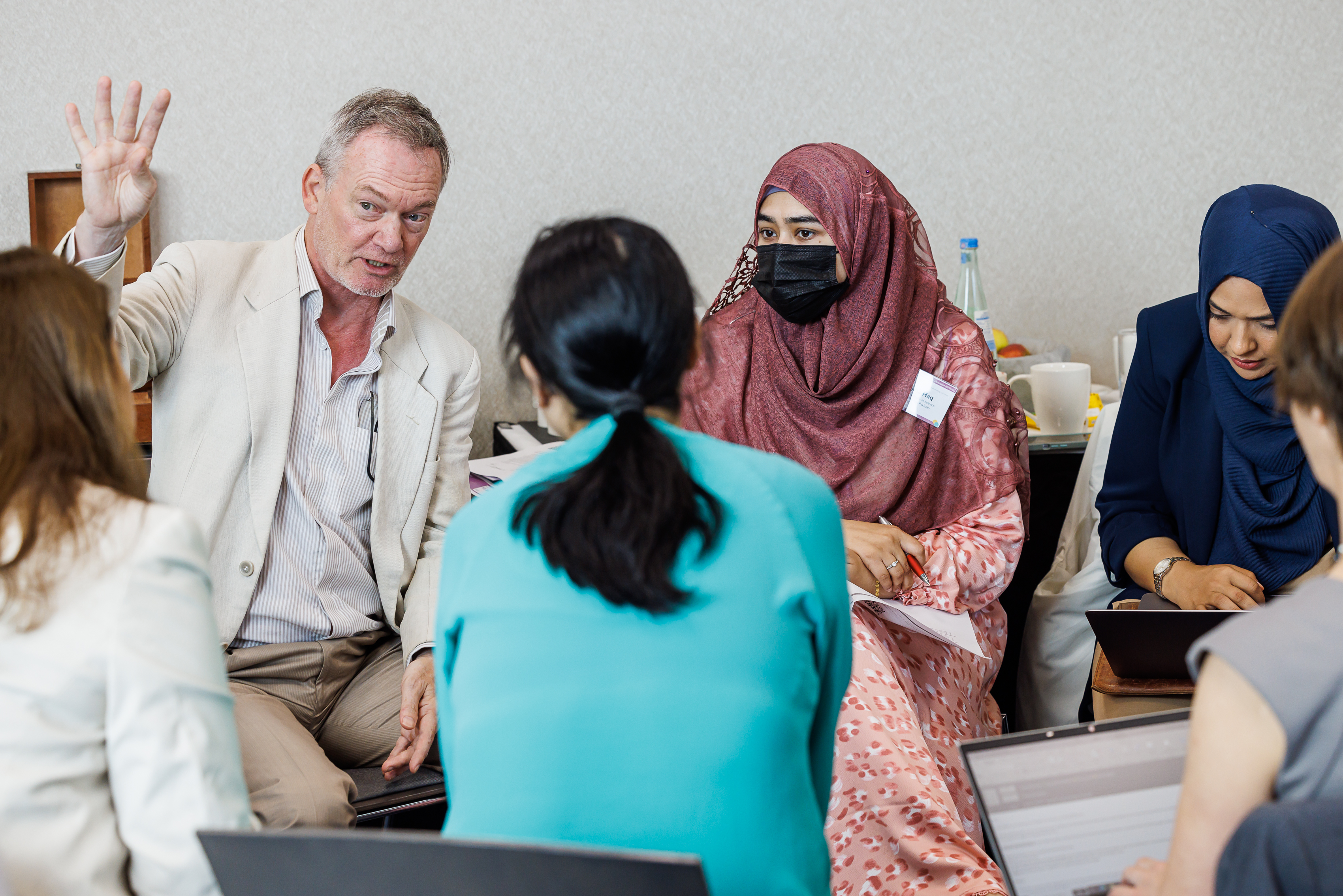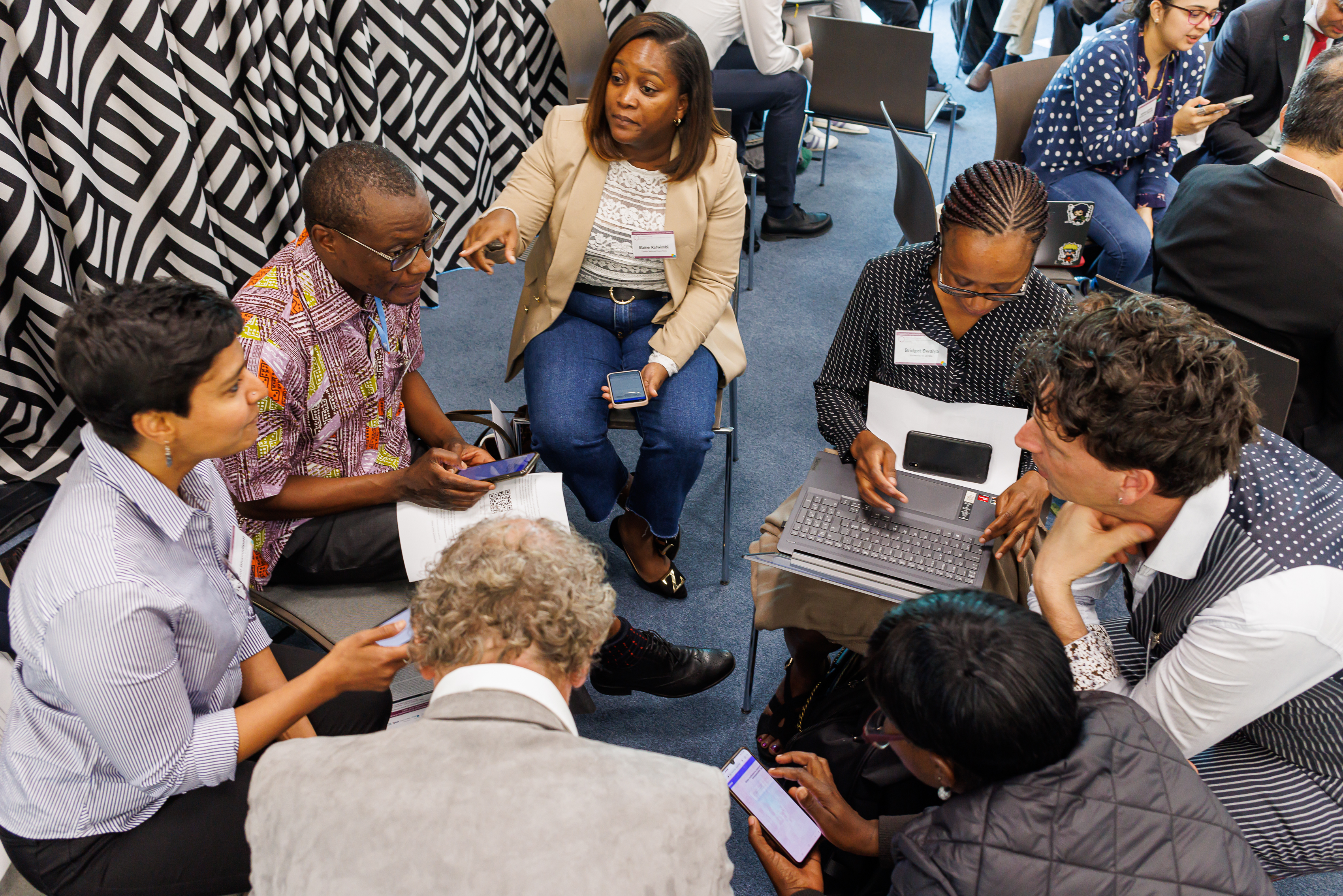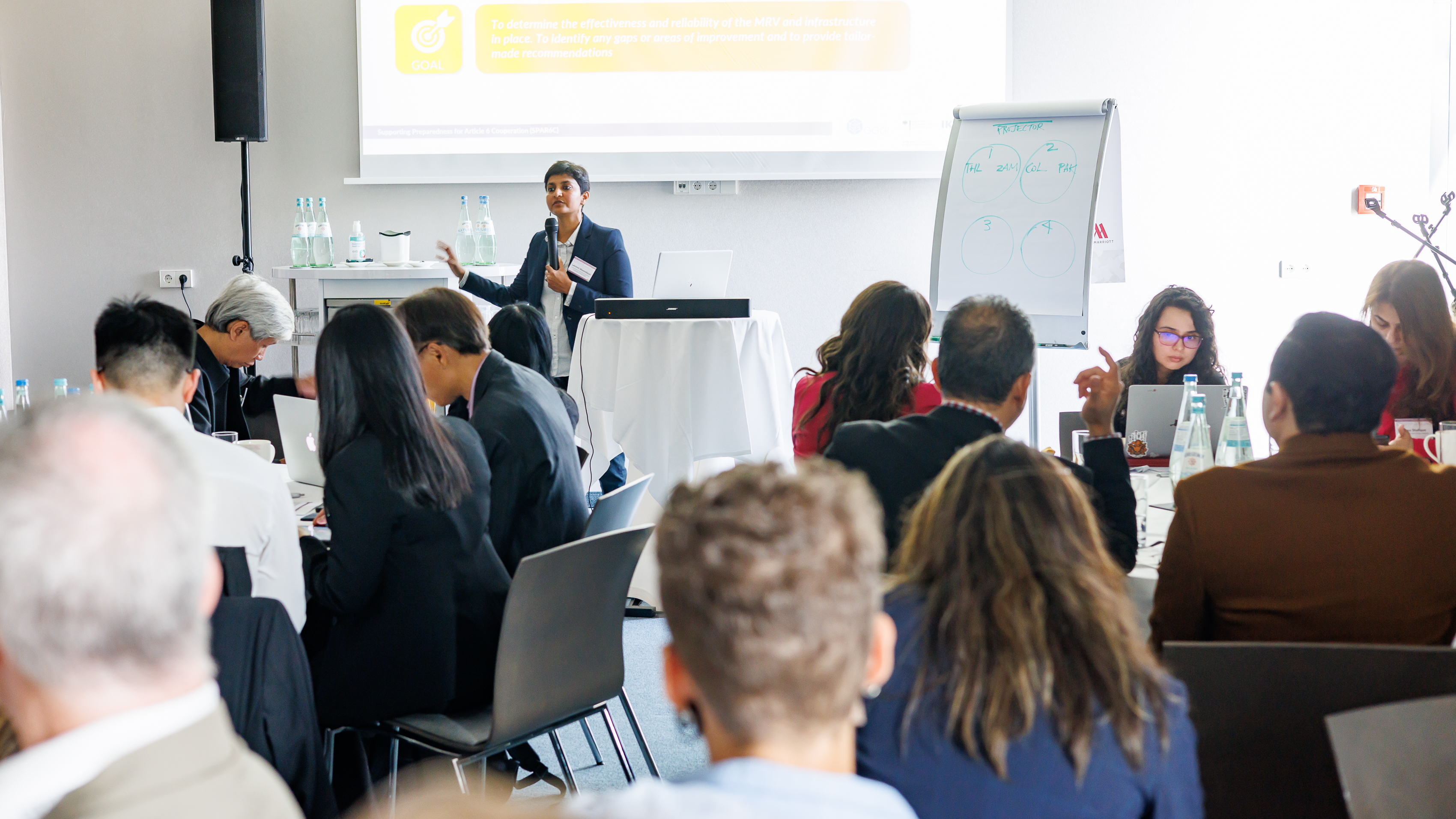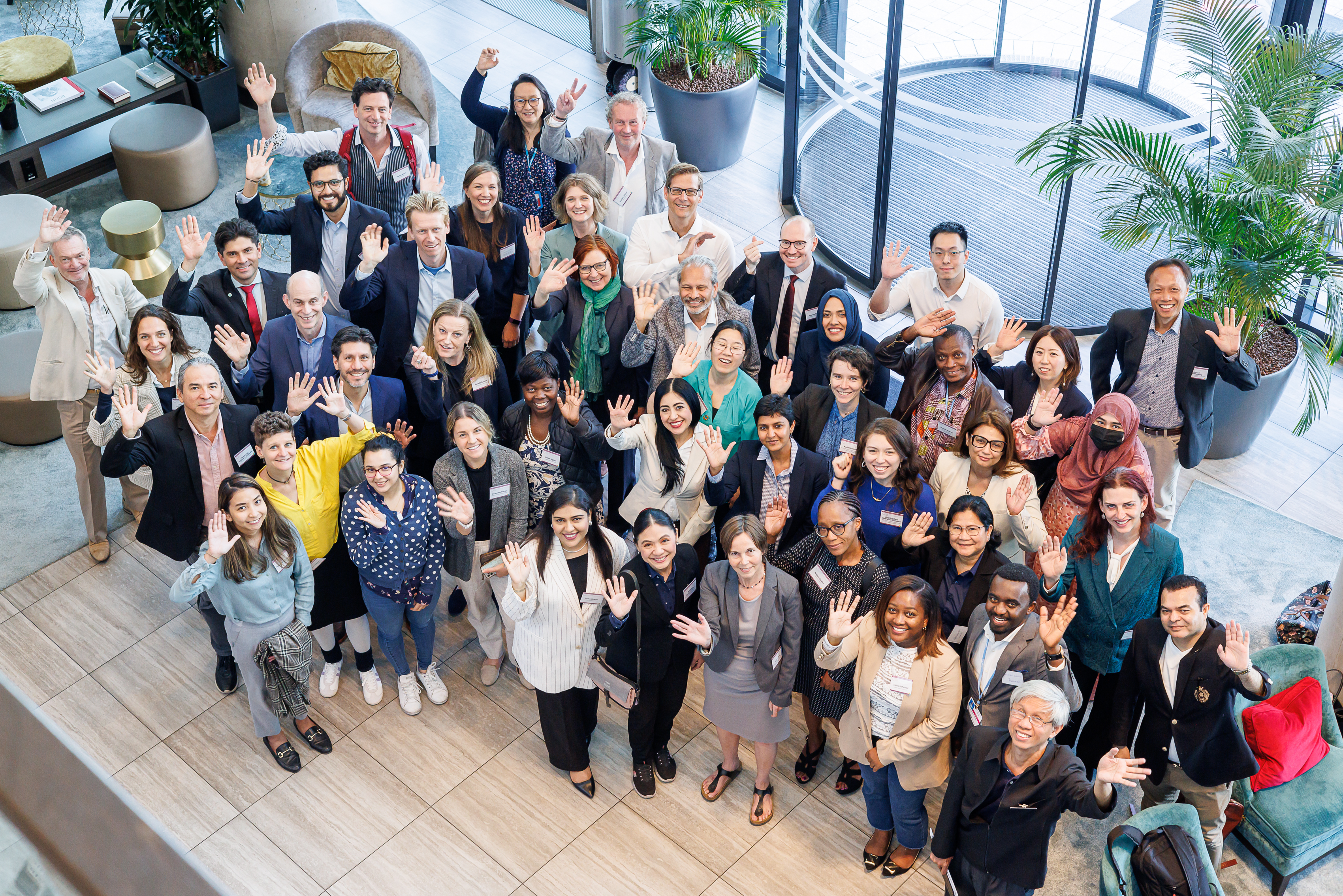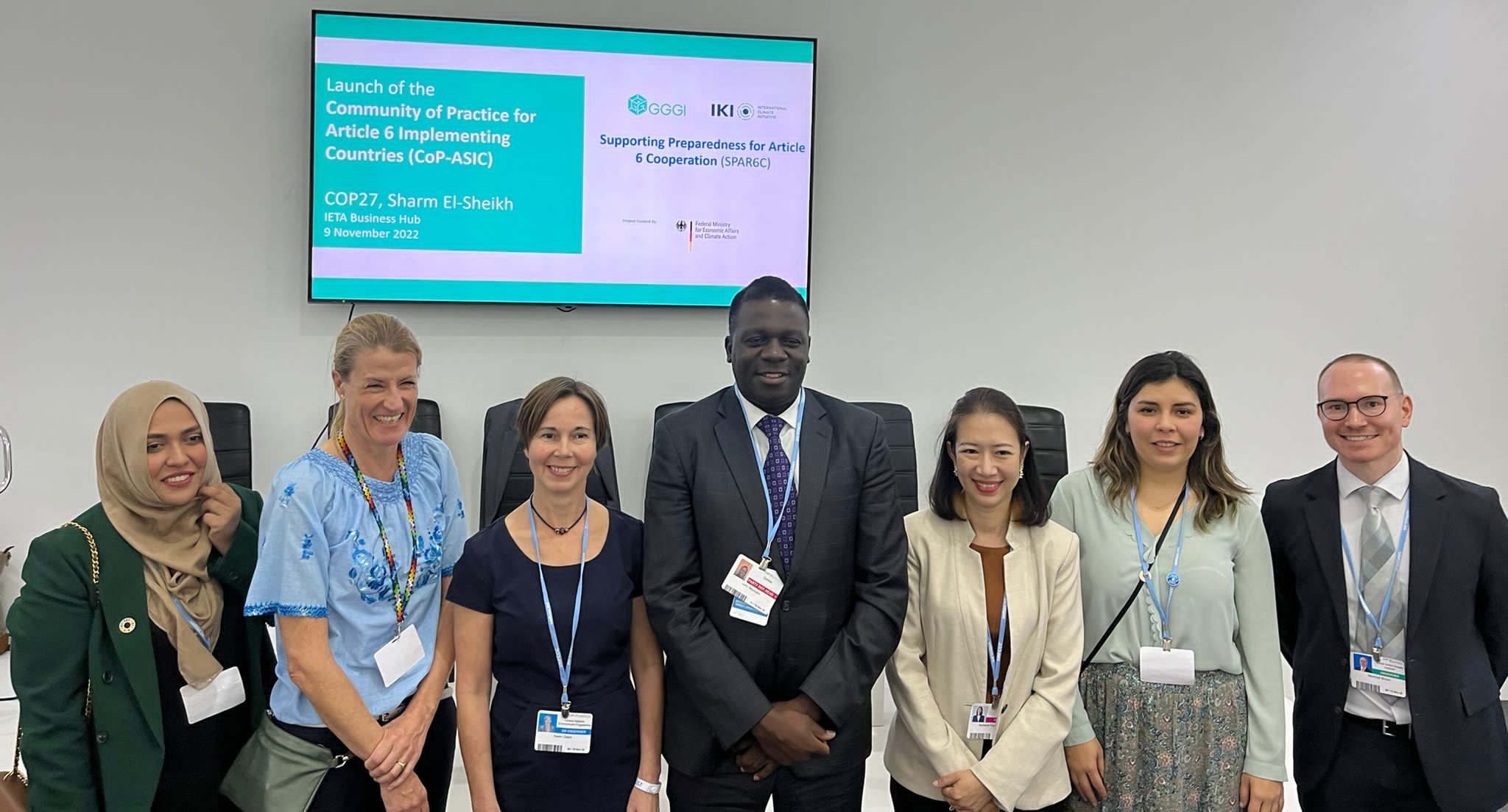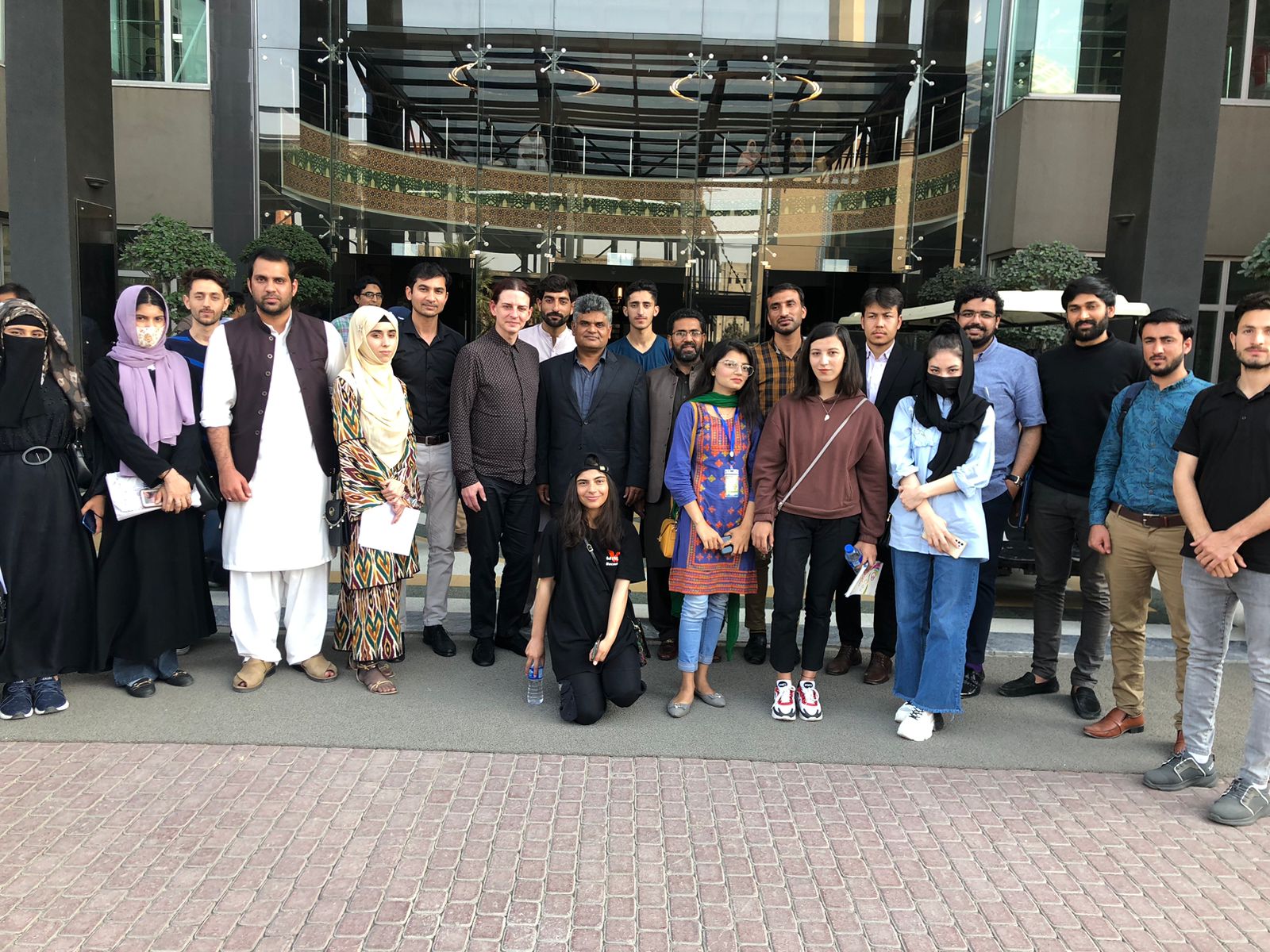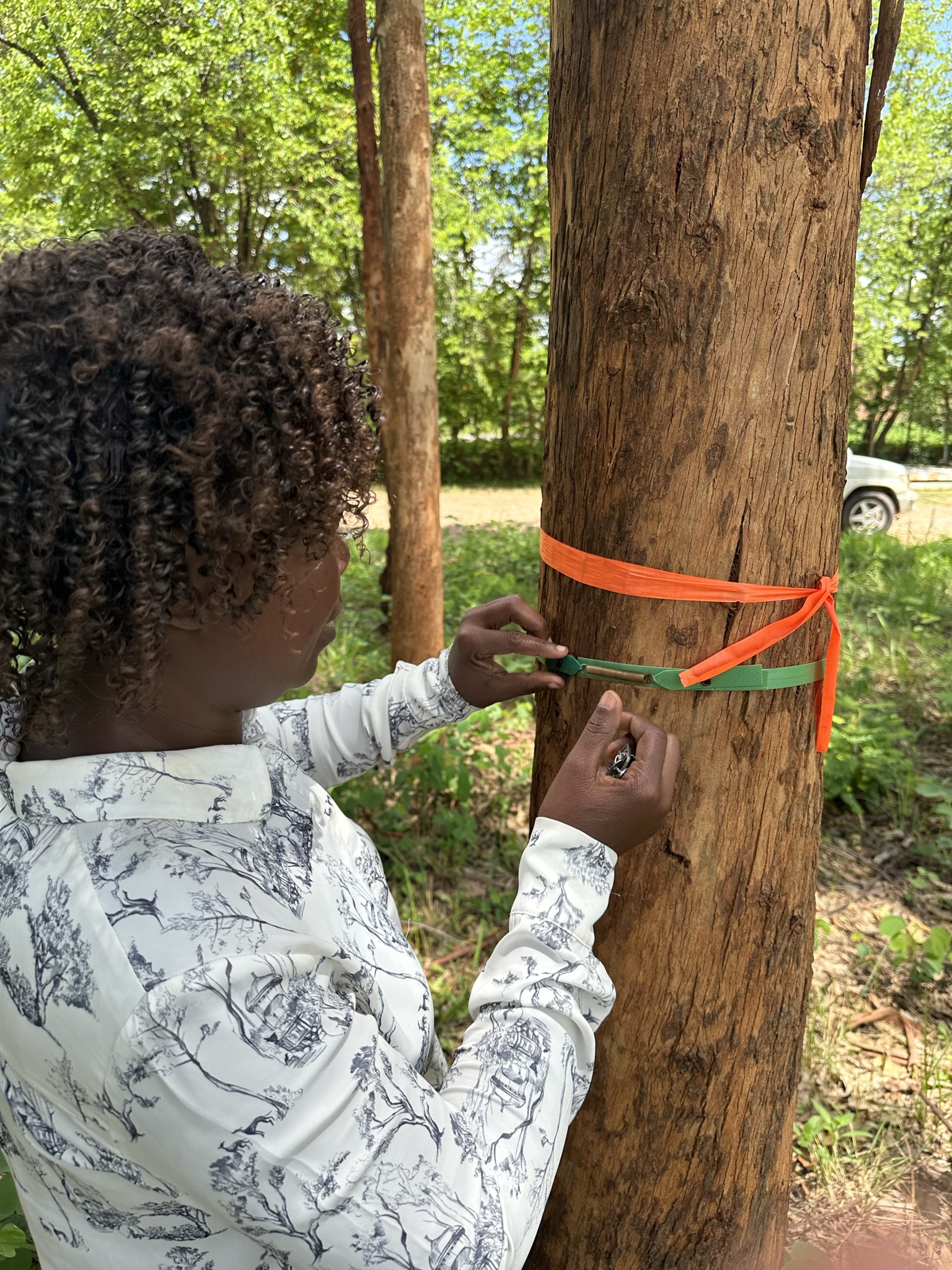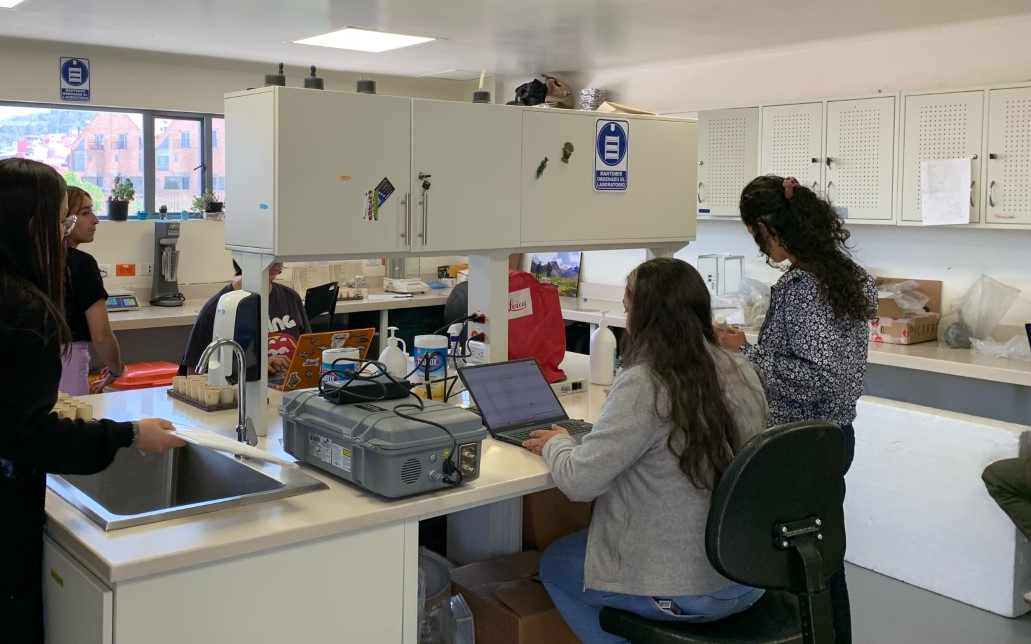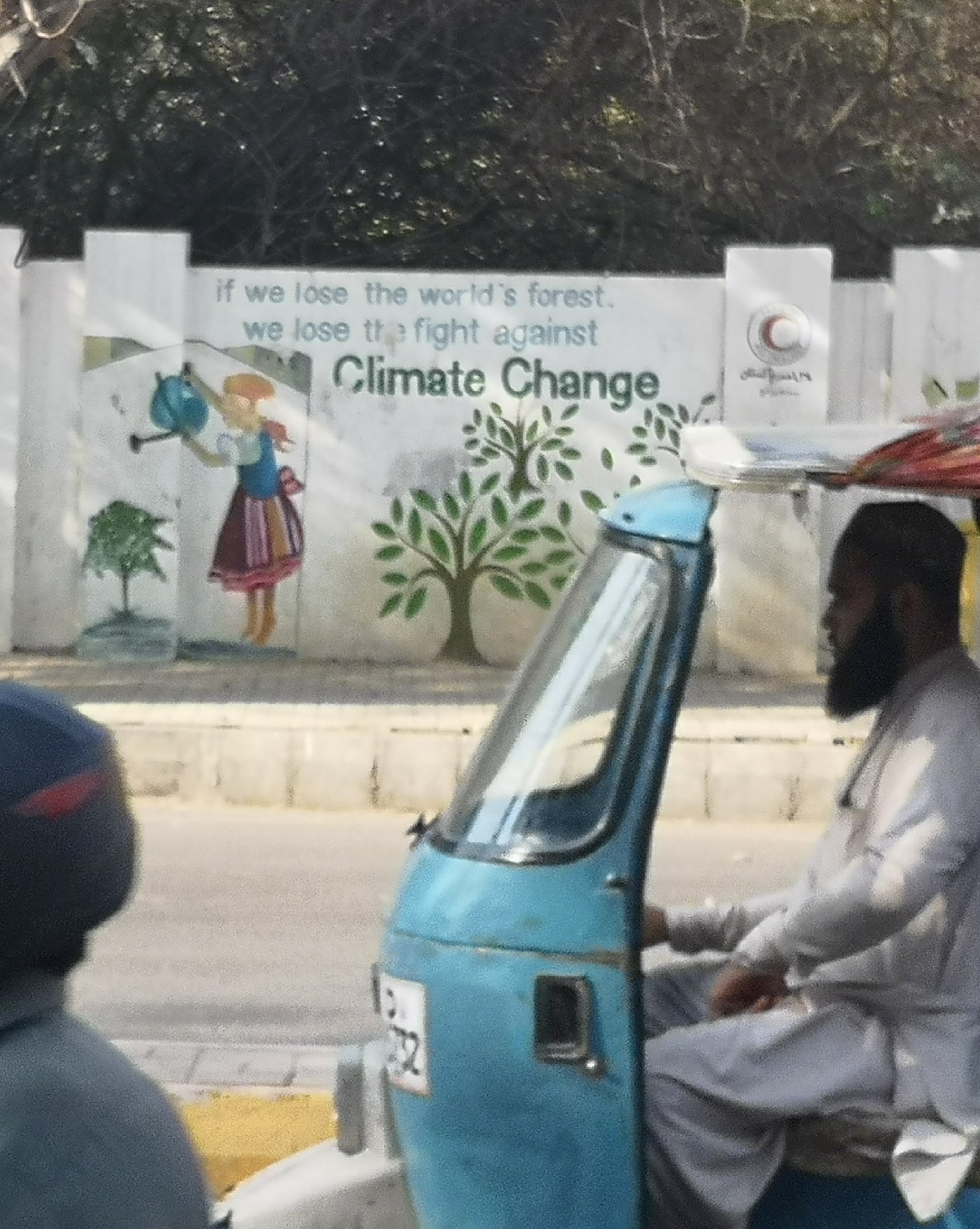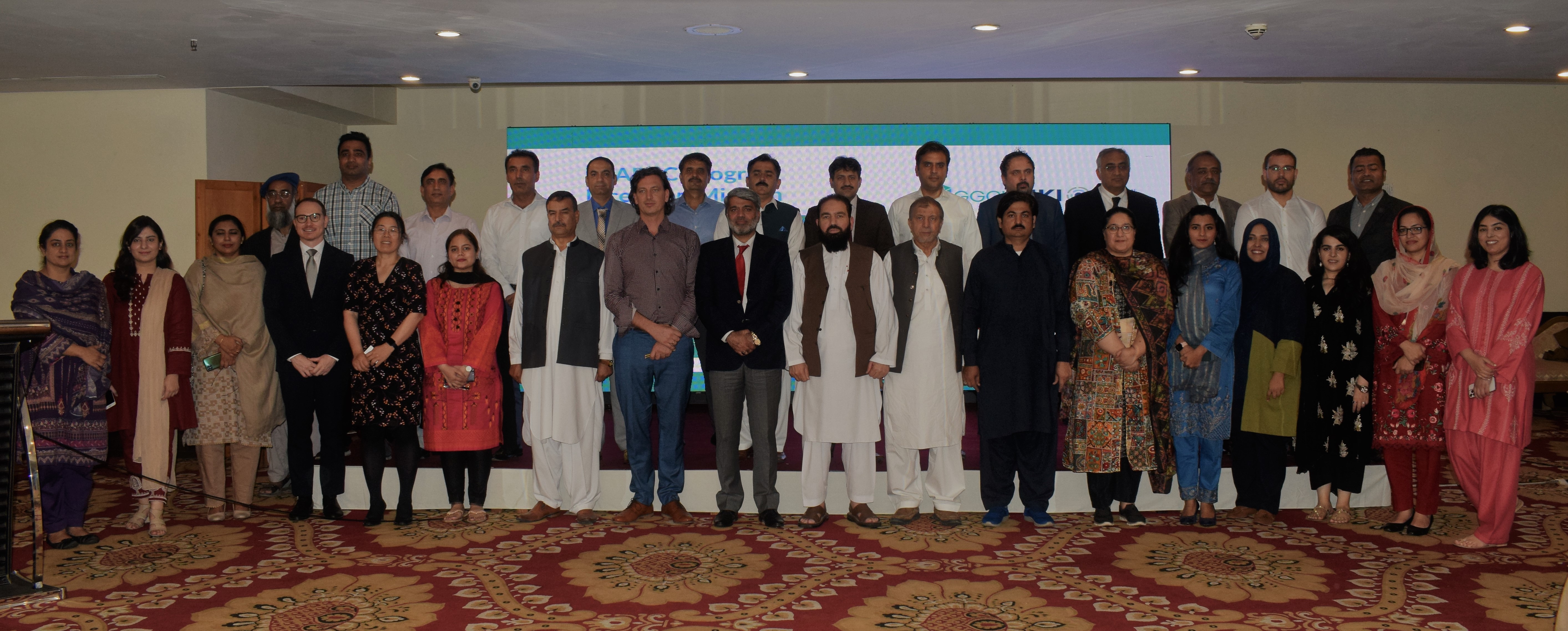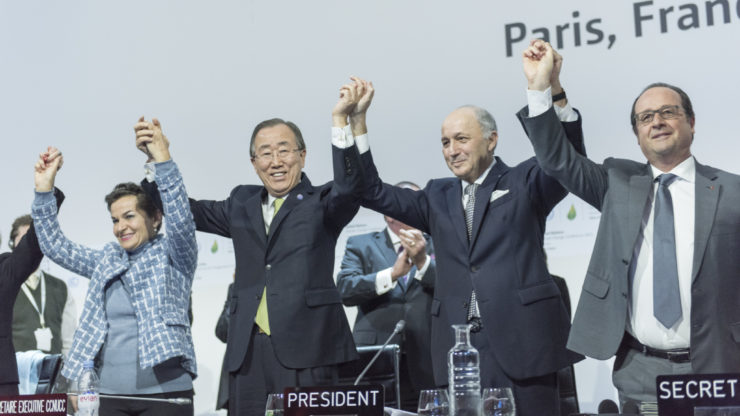48 practitioners and researchers in Article 6 community met and discussed Article 6 emissions trading during the 2023 Bonn Climate Change Conference and left equipped with knowledge and tools to contribute to sustainable practices in use of international carbon markets.
To raise awareness and build capacity, the Supporting Preparedness for Article 6 Cooperation (SPAR6C) programme hosted its first annual Community of Practice for Article 6 Implementing Countries (CoP-ASIC) event in Bonn from the 1st to 3rd of June.
This event brought together governmental and academic stakeholders from Colombia, Pakistan, Thailand, and Zambia, the four partner countries of the SPAR6C programme.
The three-day event aimed to facilitate knowledge exchange among stakeholders from the four countries, SPAR6C consortium partners and other global practitioners regarding the implementation of Article 6 of the Paris Agreement. Topics discussed included readiness and needs assessments completed in the four countries, a review of the programme’s toolbox guides related to Article 6 strategy and institutional arrangements, and the design of an Article 6 student research mentorship program, which will begin implementation in 2024 as part of the CoP-ASIC.
The discussions revealed potential areas for joint capacity building and knowledge exchange to address knowledge gaps in carbon market implementation.
Progress toward national knowledge networks on Article 6
After two intense days covering the national situations, needs and readiness, and the operational aspects of the Article 6 carbon markets, the participants had gained insights about institutional arrangements and national needs.
The final day of the meeting focused on the role of national academic and research institutions. These stakeholders will underpin the national knowledge networks on climate and carbon markets. With two academic representatives from each country in attendance, the discussion looked at the framework and modalities of participation of local stakeholders, including ways to create student researcher engagement, as well as the structure of national SPAR6C research networks.
The academic representatives took it upon themselves to self-organize their own meeting after the official agenda had ended, demonstrating leadership in the implementation of the research mentorship program and other activities of the local knowledge network, and further discussing their role in identifying knowledge gaps in Article 6 trading, bridging research, policy, and projects, and building capacity in students and young professionals.
New knowledge development and how to use it
The result of the first annual CoP-ASIC meeting covered several areas. This included the need for awareness of knowledge gaps to be able to address them, linking academic research with government needs to ensure new knowledge is utilized towards implementation of Article 6 projects, and creating opportunities for students and future researchers to develop strategies and best practices for trading emissions under the Paris Agreement.
The work of the CoP-ASIC and the national knowledge networks has just begun, and will include increased international knowledge exchange, student engagement and strengthened partnerships between academic institutions and government practitioners overseeing carbon market participation and development in each country, informed by the discussions in Bonn and strengthened by the sharing of experiences, perspectives, and ideas.
For more information about the CoP-ASIC research-based approach to capacity building see the video here:

